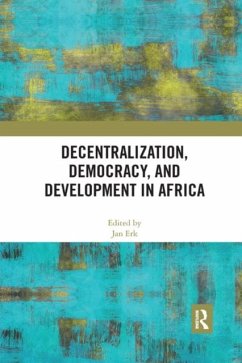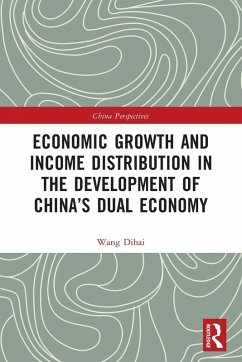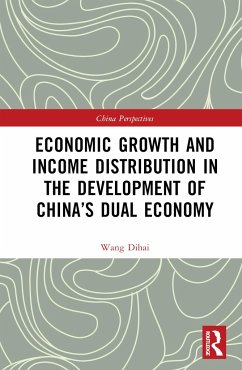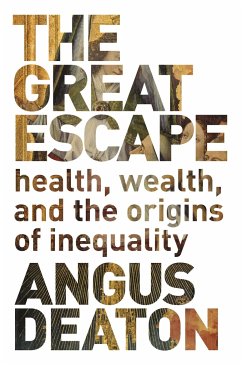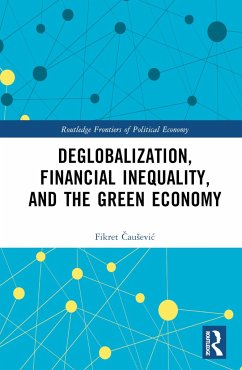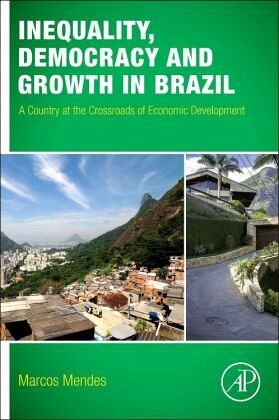
Inequality, Democracy, and Growth in Brazil
A Country at the Crossroads of Economic Development

PAYBACK Punkte
17 °P sammeln!
In terms accessible to non-economists, Marcos José Mendes describes the ways democracy and inequality produce low growth in the short and medium terms. In the longer term, he argues that Brazil has two paths in front of it. One is to create the conditions necessary to boost economic performance and drive the country toward a high level of development. The other is to fail in untying the political knot that blocks growth, leaving it a middle-income country. The source of his contrasting futures for Brazil is inequality, which he demonstrates is a relevant variable in any discussion of economic...
In terms accessible to non-economists, Marcos José Mendes describes the ways democracy and inequality produce low growth in the short and medium terms. In the longer term, he argues that Brazil has two paths in front of it. One is to create the conditions necessary to boost economic performance and drive the country toward a high level of development. The other is to fail in untying the political knot that blocks growth, leaving it a middle-income country. The source of his contrasting futures for Brazil is inequality, which he demonstrates is a relevant variable in any discussion of economic growth. Inequality illuminates causes of seemingly-unconnected problems. This book, which includes freely-accessible documents and datasets, is the first in-depth analysis of an issue that promises to become increasingly prominent.




